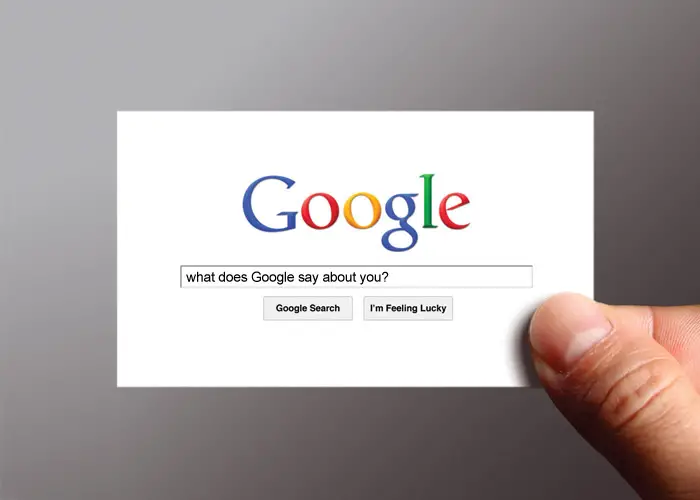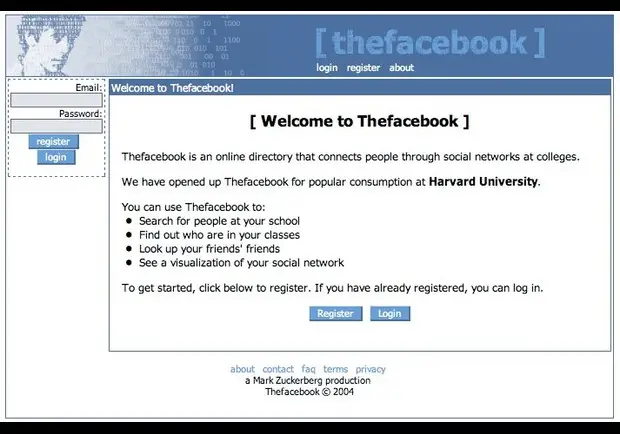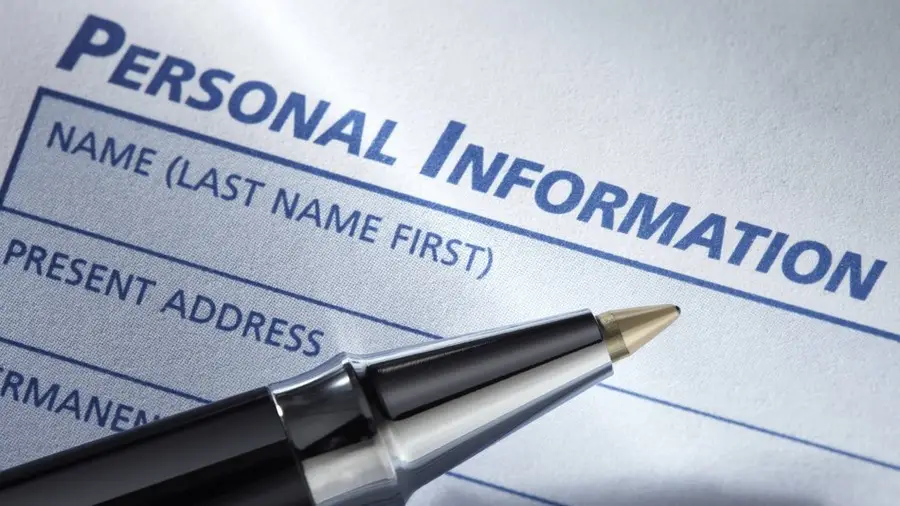Social networks are the most obvious places and therefore, the first ones where they will come looking for you. Such sites may reveal personal information (your address, for example), and also reveal relevant information about your interests, groups to which you may belong, or events to which you intend to attend - that is, pure gold for those who wish to track your movements .
Deleting your Facebook, Twitter and Instagram accounts is the obvious. Don't forget besides Google+ and LinkedIn. Each of these platforms has the option (within Account Preferences) to delete your user. Facebook is a bit more tricky, the company allows you to "deactivate" the service, but it will continue to store your information in case you want to return. To ensure that your FB account was permanently deleted without the option to recover it, you need to fill out a form and explain exactly why you are leaving the service.
It is not enough to erase us from social networks. Where else do you have membership? Netflix, Reddit, Spotify or Amazon? Enter each of these services and delete your account, be it a shopping account, to play, or anything else. Even if you almost do not use that service, with just a little information, it is enough to tie up ends and track.
If for some reason you cannot delete your account, fill it with false information. Change your name, address, email address and anything else that can be used to reveal your identity.
Step 2: Search your name and delete any trace you find

Until now you have already deleted the obvious accounts, the ones you frequent the most, but ... how about that MySpace account that you haven't used since 2008? Or that old cooking blog you subscribed to? To discover all those "not so obvious" things, perform a search and see what appears. Once you identify those forgotten accounts, go to each of them and delete them.
Even after you do the above, you will realize that some of your information is still visible, perhaps a photo of your graduation, or from time to time you went to sing in the kareoke and they labeled you. Most likely, you do not have direct access to the accounts that uploaded that information, and you will have to contact the administrator of the page, or webmaster to remove them.
Be patient, explain as best as possible why you want that information to be deleted. If the webmaster does not do it of his own accord, you may need to take legal action. That "legal action" sounds more difficult than it really is, you don't necessarily need to hire a lawyer.
Now, speaking of Google, it is possible to send them a legal request to delete any information about you that they may have stored on their servers. This process takes a long time and there is no guarantee that Google accepts, but hey, there is no other.
Step 3: Remove obsolete results

So you already deleted your accounts, and all that other content you found, but a search for your name still yields results - even if you have changed your name to a fake one. How can this be? Search engines such as Google or Bing store old information on a page, this in order to show results faster.
Both Google and Bing have tools to delete the content stored in their cache. Send them the URL in question and hope for the best, since there is no guarantee that they will listen to you.
Step 4: Clean your information from those sites that collect personal data (yes, there are)

Hopefully, at this point, searches for your name will yield very few results. Even if your identity does not appear in a typical Google search, several companies are dedicated to collecting information about you (well, not from you in particular, from everyone!)
Companies such as Data brokers , Intelius and PeopleFinders monitor the activity online of millions of people and sell that information to customers interested in it; These customers are usually sellers, but you never know. It is better to never leave a door open, so you need to remove your name from those sites.
You can do it personally, looking for your name within those sites and ask each of them to "please" delete your name. The truth is a long and tired process, it will require you to make many calls, send FAXes and even physically paper formats.
There are alternatives. Services like DeleteMe offer you to do the dirty work for you. Paying a one-year membership for $ 129, DeleteMe will delete your public profile from the main data collection companies, as well as your contact information, personal and photos of you, your family and your home. Every three months it will send you a report of the progress made.
Step 5: Contact your phone company, remove any subscription to mailing lists and delete your email accounts

You have already gone through all that painful process of eliminating your identity online. You only have three things left.
First, call your phone provider and make sure your information is not listed online. In case it is listed, ask them to remove it.
Enter your spam / junk folder and remove any subscription to mailing lists or newsletters. You don't want any evidence that that email account exists. To reinforce this step, delete each of your email accounts. It is important that you do not delete them in any of the previous steps, they are necessary to recover forgotten passwords or to establish communication.
Remember, it is not enough to deactivate them; They need to be removed from the root.
Congratulations, you no longer exist. True?
In fact ... you probably still exist. As we mentioned, it is incredibly difficult to eliminate your Internet presence, but following these steps, you will get as far as a conventional human being can.
It's true, somewhere, somehow, there will be a trace of information about you. Some post in a forgotten blog, maybe a very old YouTube video, but you already made it considerably harder to track you online. Yes before any stalker could find you, now, the best web detectives will be needed to catch you. Luck!